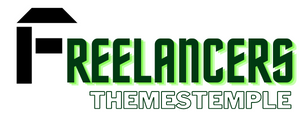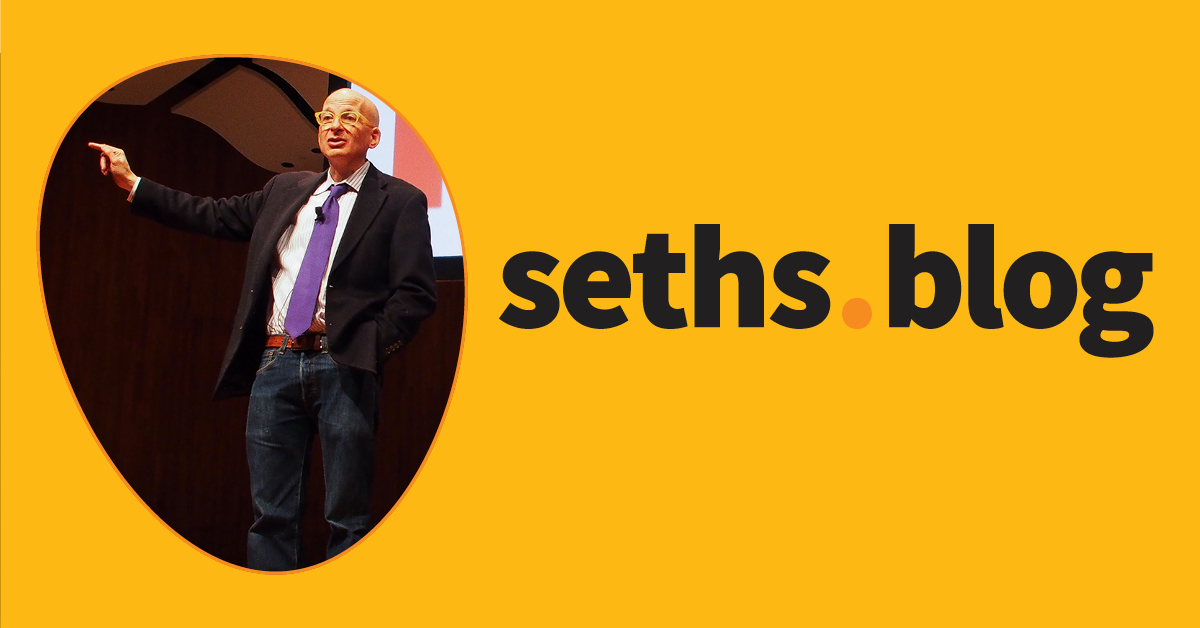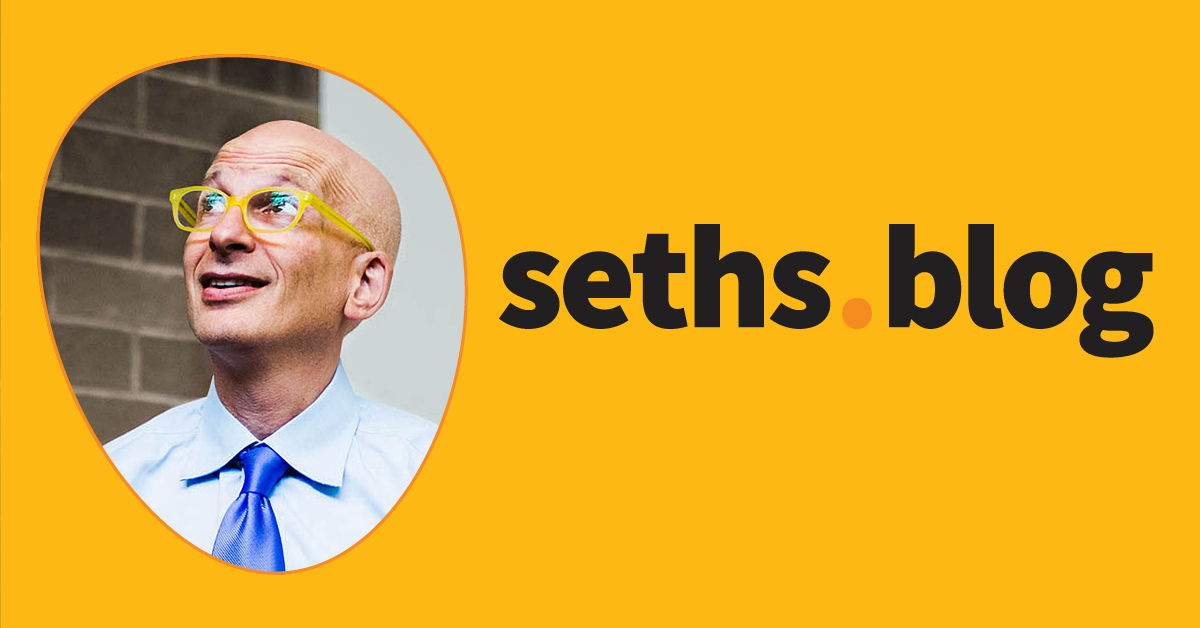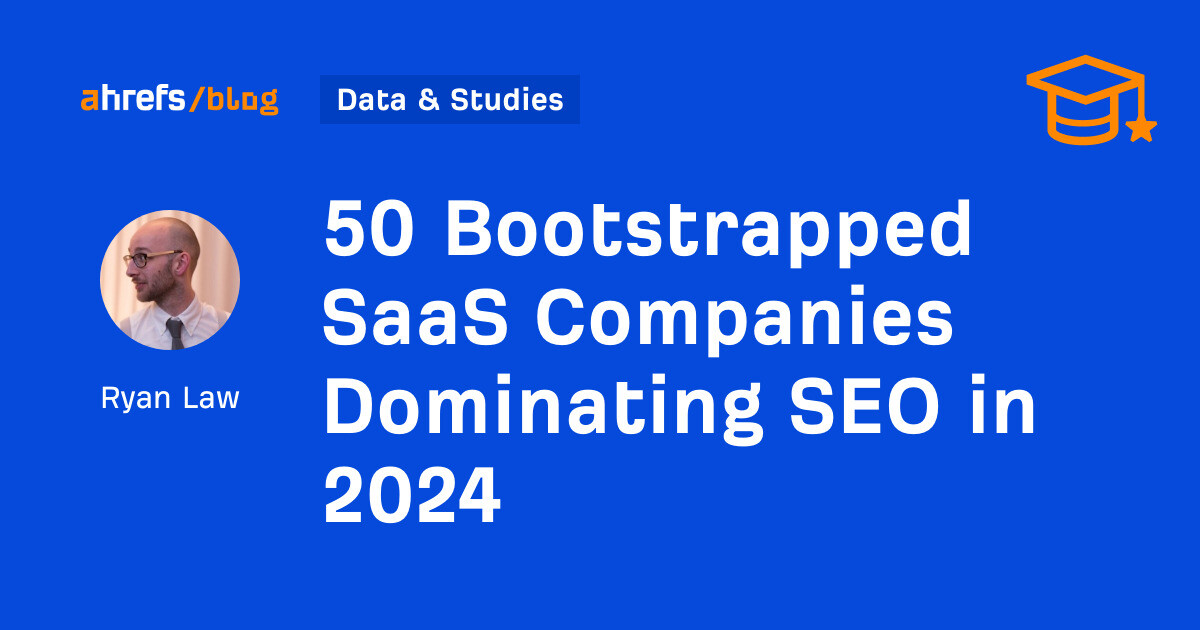
To this end, ensure your line managers receive focused training on monitoring their team members’ working hours. More importantly, teach them how to address the root cause of the issue and ensure no one feels they need to work overtime.
6. Map out clear progression plans for every team member
Whether someone joins as a junior and works their way up the ranks or comes straight into a management role, if they don’t believe they have the space to grow and develop while working at your agency, they’ll go elsewhere in search of more senior positions.
To combat this (and to ensure you aren’t simply training talent on behalf of your competitors), provide everyone with progression pathways tailored to their career goals. These pathways should have clear timescales and realistic milestones that you review periodically to keep communication open.
At Digitaloft, we offer everyone a £1,000 training allowance each year, which they can use for courses, industry events, and conferences or gain additional qualifications and certifications that they feel will benefit them.
The results? We see individuals at all levels taking their success into their own hands, working to better themselves, reap the rewards, and, in turn, generate growth for the agency. Ultimately, this near-80k investment pays for itself without breaking a sweat.
7. Take a zero-tolerance approach to disrespectful clients
While there is a space for disagreement, healthy debate, diplomacy, and professional expressions of grievance, there is never any need for downright rudeness.
Suppose you’re an SEO agency owner with 10, 15, or even 20 years of industry experience. In that case, you’ve probably built up a fairly thick skin to things like this, but this won’t be the case for everyone in your team, especially junior members.
Dealing with disrespect, insults, or discrimination can have a massive impact on your employee’s mental health, so it’s your duty as a leader to step in and protect your people.
Treat your team members with the same respect you’d hope to receive, even if it means burning bridges with a paying customer.
Though it might sound counterintuitive from a commercial standpoint, it’s quite the opposite. Happy workers are more productive, helping you win more clients than you lose.
8. Recalibrate assumptions about mental health
As the conversation around mental health opens up, people are dropping stigmas, and access to support is improving.
To attract and retain the best talent, do not cut corners; instead, prioritize mental health and communicate how your company supports its employees’ needs.
As standard, you should offer:
Health cash plans (cash back on prescriptions, rapid access to GPs, counseling sessions, reimbursements for physical therapies).
Mental health first aider training for internal team members.
Resilience and emotional intelligence training for managers.
Taking paid mental health days (the same as you would for physical illnesses).
Internal well-being champions.
Support before, during, and after someone experiences difficulties.
Zero-judgement spaces where people feel comfortable asking for help.
Above-average maternity, paternity, and parental leave allowances.
Ultimately, if you aren’t offering these benefits, one of your competitors will.
9. Communicate like your life depends on it
Okay, your life might not depend on it, but your agency sure does.
From experience, there are four ways to keep communication open as teams grow, each serving a different purpose:
Weekly snapshot updates: Each week, share a summary of the highlights, challenges, and upcoming plans with your entire team. You can share however you communicate internally. Everyone feels included, and no one hears things on the grapevine.
Monthly newsletters: Once a month, share a detailed view of the successes, challenges, strategies, and personal wins. Invite each team to contribute, sharing what they’ve been working on in recent weeks and whether they could use the support of other departments.
Quarterly team meet-ups: Regarding opening doors to new talent and accommodating individual working preferences, having remote or hybrid teams can be a game-changer. But nothing compares to in-person meet-ups when it comes to solidifying friendships and sparking creativity. Once a quarter, give each team a budget to organize a meetup involving strategy sessions, team-building activities, and some social activities.
Annual all-agency meet-up: At a prominent point throughout each year (maybe around Christmas or at the end of the financial year), get your whole agency together in person to reflect, celebrate, and explore what’s ahead. These meet-ups are a chance to share progress against yearly targets, celebrate milestones, raise awareness about current projects, and allow everyone to share their learnings. This face-to-face interaction is crucial for remote teams, as it breaks down communication barriers.
10. Build diverse communities in-house
People are simultaneously more connected and disconnected than ever before. In fact, according to new Meta-Gallup research, nearly 1 in 4 adults globally now struggle with feelings of loneliness.
But as employers, you are responsible for combatting this loneliness epidemic by implementing measures to help your teams foster a true sense of community spirit. If you don’t, you risk ending up with a disengaged workforce and agency-wide mental health issues that impact performance.
At Digitaloft, we asked our teams to suggest the in-house community groups they’d like to participate in. Two examples that have taken off are CraftLoft and BookLoft – no prizes for guessing what the focuses of these are.
These groups hold a virtual and physical presence within the agency, having dedicated Slack channels for members to connect when they want, alongside regular in-person meet-ups.
I also recommend hosting volunteer-led forums focused on championing neurodiversity, individual well-being, and charity efforts. They contribute to the broader atmosphere of belonging and inclusivity.



![How to Optimize for Google’s Featured Snippets [Updated for 2024]](https://moz.com/images/blog/Blog-OG-images/How-to-Optimize-for-Googles-Featured-Snippets-OG-Image.png?w=1200&h=630&q=82&auto=format&fit=crop&dm=1724004002&s=13df73104762982790dab6dc8328023f)


